China is the world’s largest consumer of iron ore, accounting for more than 70% of the global imports. Iron ore is a key raw material used in the production of steel, which is the backbone of China’s booming construction and manufacturing sectors. As such, the demand for iron ore in China has a significant impact on the global market. This article will explore the opportunities and challenges within the China iron ore market. Opportunities: 1. Increasing infrastructure investments: China’s Belt and Road Initiative, aimed at strengthening global trade connectivity, has led to massive infrastructure investments both domestically and in partner countries.
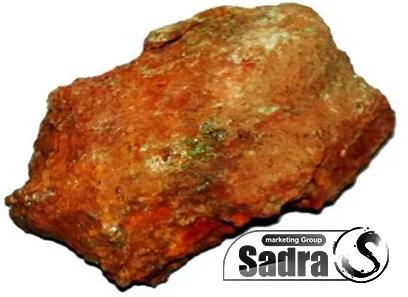
.
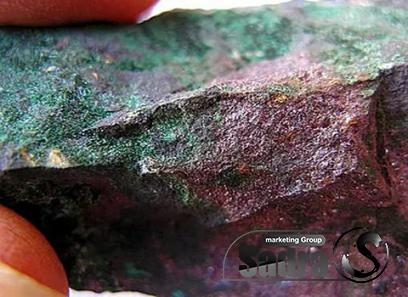 This has resulted in a surge in demand for steel, thereby driving the demand for iron ore. As China continues to invest in infrastructure, the opportunities for iron ore producers are set to grow. 2. Environmental regulations driving iron ore imports: In recent years, China has been cracking down on polluting industries, leading to the closure of many domestic iron ore mines. As a result, China heavily depends on imports to meet its iron ore requirements. This presents opportunities for iron ore exporters from countries like Australia, Brazil, and South Africa.
This has resulted in a surge in demand for steel, thereby driving the demand for iron ore. As China continues to invest in infrastructure, the opportunities for iron ore producers are set to grow. 2. Environmental regulations driving iron ore imports: In recent years, China has been cracking down on polluting industries, leading to the closure of many domestic iron ore mines. As a result, China heavily depends on imports to meet its iron ore requirements. This presents opportunities for iron ore exporters from countries like Australia, Brazil, and South Africa.
..
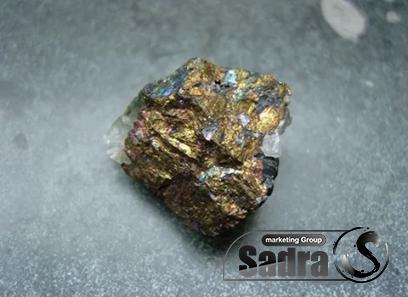 3. Shifting steel production to coastal areas: In an effort to reduce transport costs and pollution, China is relocating its steel production facilities from inland regions to coastal areas. This creates a demand for iron ore near coastal locations, allowing for efficient transportation and lower logistics costs. Iron ore suppliers with access to ports in these regions can benefit from this shift. Challenges: 1. Geopolitical tensions and trade disputes: The ongoing trade disputes between China and major iron ore exporters, such as Australia and Brazil, pose a significant challenge to the stability of the iron ore market. These disputes can result in import restrictions, tariff hikes, or other trade barriers, impacting the supply of iron ore to China and causing price fluctuations.
3. Shifting steel production to coastal areas: In an effort to reduce transport costs and pollution, China is relocating its steel production facilities from inland regions to coastal areas. This creates a demand for iron ore near coastal locations, allowing for efficient transportation and lower logistics costs. Iron ore suppliers with access to ports in these regions can benefit from this shift. Challenges: 1. Geopolitical tensions and trade disputes: The ongoing trade disputes between China and major iron ore exporters, such as Australia and Brazil, pose a significant challenge to the stability of the iron ore market. These disputes can result in import restrictions, tariff hikes, or other trade barriers, impacting the supply of iron ore to China and causing price fluctuations.
…
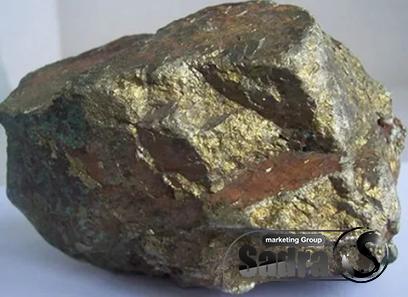 2. Fluctuating steel demand: China’s steel demand is influenced by various factors, including economic growth, construction activity, and government policies. Any fluctuations in these factors can impact the demand for iron ore, leading to volatility in prices. Iron ore producers must be prepared to navigate through these uncertainties. 3. Overcapacity and consolidation: The Chinese steel industry has faced overcapacity issues in recent years, leading to intense competition among steel producers. This, in turn, puts pressure on iron ore suppliers to offer competitive prices. Additionally, consolidation within the steel industry could affect the bargaining power of iron ore suppliers as larger steel producers may demand better pricing terms. Conclusion: The China iron ore market presents both opportunities and challenges for exporters. The increasing infrastructure investments and the shift of steel production to coastal areas provide a favorable environment for iron ore suppliers. However, geopolitical tensions, fluctuating steel demand, and overcapacity pose significant challenges. Businesses operating in the China iron ore market should closely monitor these factors and adopt strategies to mitigate risks while leveraging opportunities.
2. Fluctuating steel demand: China’s steel demand is influenced by various factors, including economic growth, construction activity, and government policies. Any fluctuations in these factors can impact the demand for iron ore, leading to volatility in prices. Iron ore producers must be prepared to navigate through these uncertainties. 3. Overcapacity and consolidation: The Chinese steel industry has faced overcapacity issues in recent years, leading to intense competition among steel producers. This, in turn, puts pressure on iron ore suppliers to offer competitive prices. Additionally, consolidation within the steel industry could affect the bargaining power of iron ore suppliers as larger steel producers may demand better pricing terms. Conclusion: The China iron ore market presents both opportunities and challenges for exporters. The increasing infrastructure investments and the shift of steel production to coastal areas provide a favorable environment for iron ore suppliers. However, geopolitical tensions, fluctuating steel demand, and overcapacity pose significant challenges. Businesses operating in the China iron ore market should closely monitor these factors and adopt strategies to mitigate risks while leveraging opportunities.
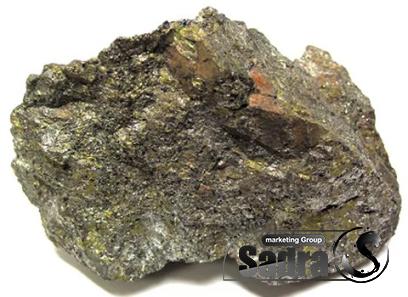
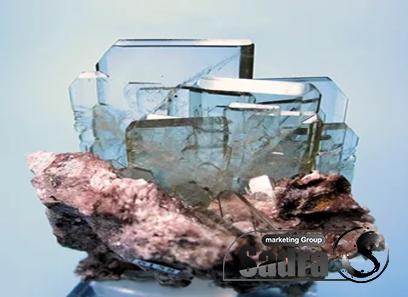
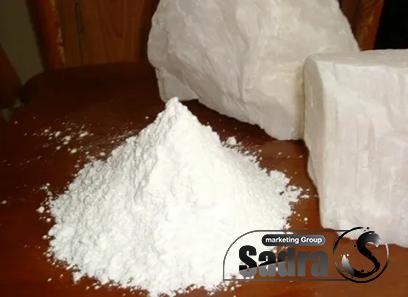
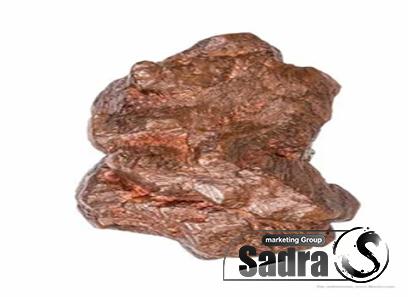
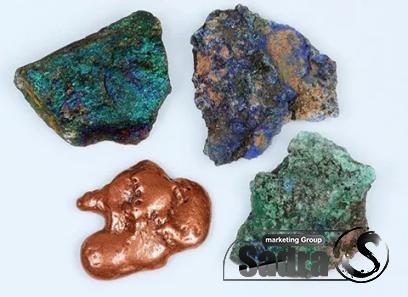
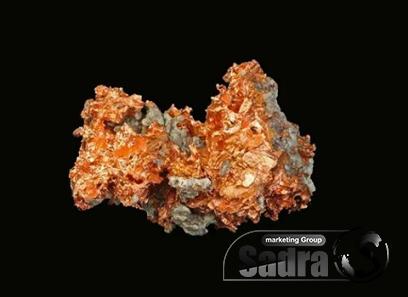
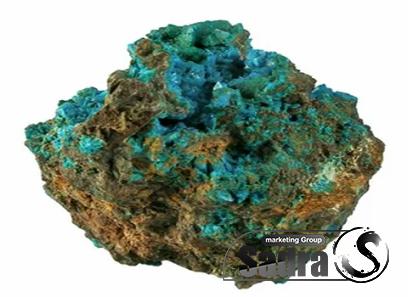
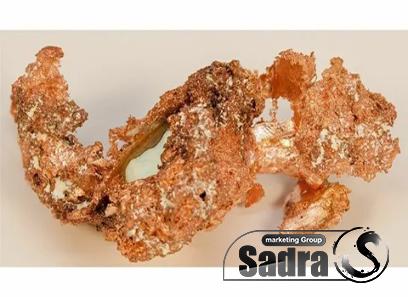
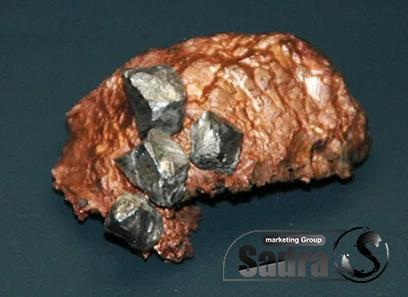
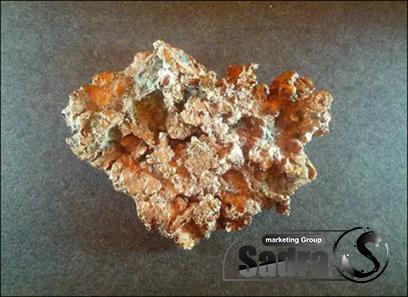
Your comment submitted.